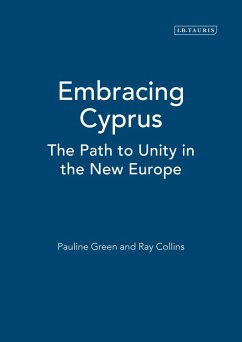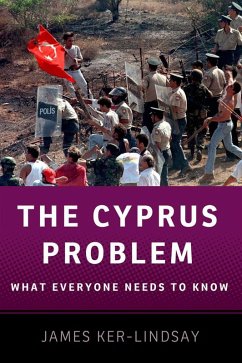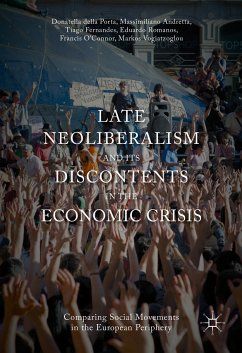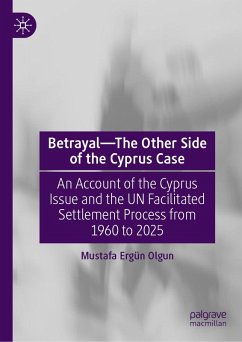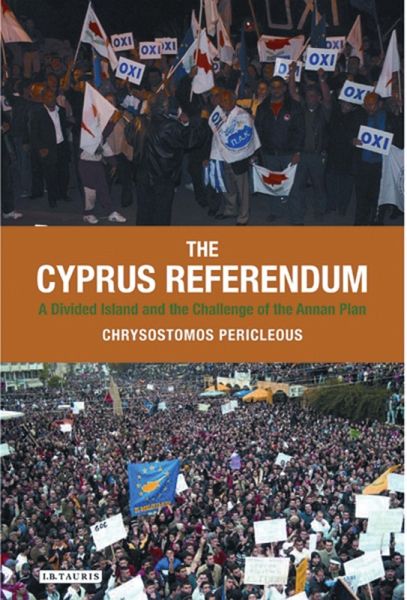
The Cyprus Referendum (eBook, PDF)
A Divided Island and the Challenge of the Annan Plan

PAYBACK Punkte
45 °P sammeln!
The Cyprus referendum of 2004 was a definitive moment in the recent history of Cyprus. The island's future hung in the balance - specifically the fate of the controversial Annan Plan, which proposed the creation of a single United Cyprus Republic with two constituent states. Accepted by the Turkish side but rejected by Greek Cypriots, the Plan was not implemented. In this balanced account of a highly charged period, Chrysostomos Pericleous offers an exhaustive treatment of the events that culminated in the referendum and through his comparative study, explains the positions ultimately taken by...
The Cyprus referendum of 2004 was a definitive moment in the recent history of Cyprus. The island's future hung in the balance - specifically the fate of the controversial Annan Plan, which proposed the creation of a single United Cyprus Republic with two constituent states. Accepted by the Turkish side but rejected by Greek Cypriots, the Plan was not implemented. In this balanced account of a highly charged period, Chrysostomos Pericleous offers an exhaustive treatment of the events that culminated in the referendum and through his comparative study, explains the positions ultimately taken by Greek and Turkish Cypriots. "The Cyprus Referendum" presents the definitive account of the course of action taken by President Tassos Papadopoulos and his ruling coalition which ultimately led to the resounding 'No' vote on the Annan Plan by the Greek Cypriots at the referendum.Pericleous places the events on the island within a wider global context, focusing especially on the re-orientation of US foreign policy in the Greece- Turkey-Cyprus triangle. Drawing together all the evidence, the author explores the consequences for the island and whether the rejection of the referendum will lead to a period of decline for Cyprus unless a dramatic change occurs in Greek Cypriot politics. An important contribution to the study of Cypriot politics, "The Cyprus Referendum" provides readers with a deeper insight into the broader political framework within which the UN peace initiative in Cyprus has developed. It is a meticulous study of a critical moment in Cypriot history and the depth of its research makes the book invaluable for anyone interested in the island - past, present and future.








